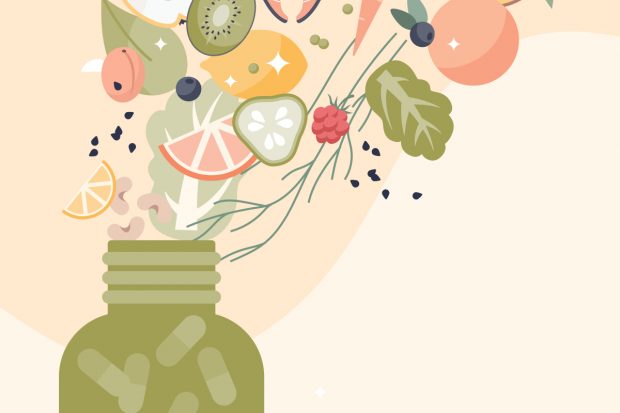
Are your supplements spilling out of your medicine cabinet? You’re not alone. Millions of people worldwide take vitamin and mineral supplements on the daily.
Whether you’re trying to combat a vitamin deficiency or lower your risk of certain diseases, you’re probably wondering if popping a supplement actually improves your health.
While many supplements are good for your health, you need to know which ones are beneficial and which ones cause harm. Here are 5 things you should know about supplements.
#1: Some Supplements Work, Others Don’t
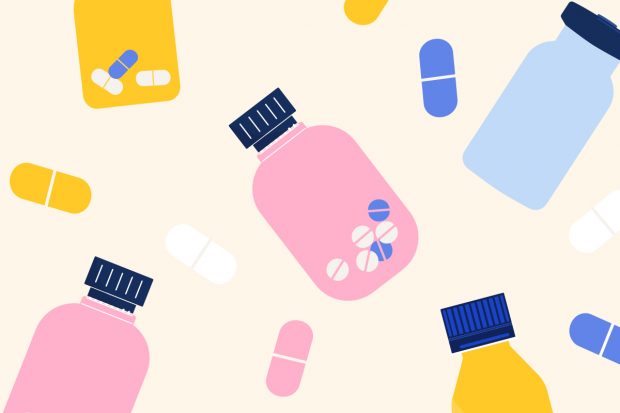
There’s a reason why supplements are so popular—some of them actually work! Evidence suggests some supplements benefit your overall health and wellness with little to no side effects or risks.
Here’s a list of supplements that could benefit your health:
- Vitamin B12 helps keep nerve and blood cells healthy and prevents anemia.
- Vitamins C and E help prevent cell damage.
- Vitamin D strengthens bones.
- Calcium promotes bone health.
- Fish oil supports heart health.
- Folic acid helps reduce birth defects when taken by pregnant women.
- Vitamin A slows down vision loss.
- Zinc promotes healthy skin and slows down vision loss.
Be wary if you hear claims that supplements will treat or prevent diseases. These types of false claims are actually illegal. In addition, the products you buy online or off the shelf may differ from the ones used in research, making studies inaccurate and misleading.
Despite the amount of research on supplements since 1999, scientific evidence isn’t very accurate. It’s important to note that most research suggests supplements won’t make you live longer, slow cognitive decline or lower your chance of disease.
#2: Supplements Come in Many Forms
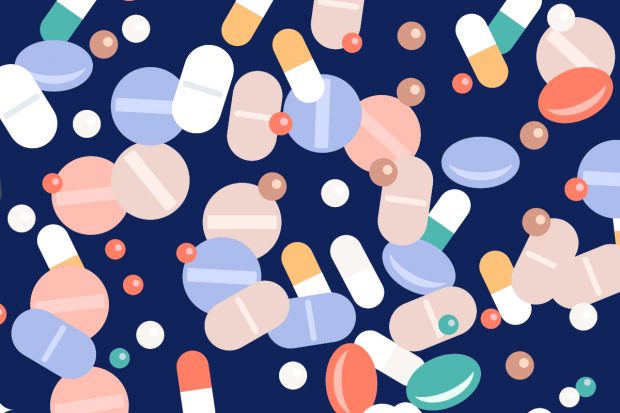
The goal of dietary supplements is to supplement your diet to ensure you’re getting enough nutrients and to enhance your health. Multivitamins are typically the most popular since you can avoid taking numerous pills each day. Other popular dietary supplements on the market include:
Collagen
Magnesium
CBD
Curcumin
Turmeric
Probiotics
B-Complexes
Vitamin B12
Vitamin C
Vitamin D
Calcium
Zinc
Fish Oil
#3: It’s Best to Get Your Nutrients from Food, Not Supplements

Never underestimate what a nutrient-packed salad can do for your health compared to a supplement made in a factory.
Focus on getting macronutrients and micronutrients from a healthy diet as opposed to taking supplements. After all, they’re labeled “supplements” for a reason. Nothing replaces a healthy diet. Adopting a healthy diet filled with natural, whole foods is much more effective and a safer way to get essential vitamins, minerals and other nutrients into your body.
Experts suggest that food offers 3 primary benefits over supplements:
- Natural foods are higher in antioxidants.
- Natural foods provide better nutrition and essential fiber.
- Natural foods contain a protective substance called phytochemicals that help prevent cancer, heart disease, diabetes and other conditions.
#4: Some Supplements Are Very Harmful

Supplements may interact with other medications you’re currently taking or pose additional risks if you have underlying health conditions. It’s also important to note that most supplements have not been tested on pregnant women or children, so you may need to take extra precautions.
Additionally, federal restrictions are less strict for dietary supplements than for prescription drugs. Many supplements actually contain ingredients not listed on the label. Oftentimes, the unlisted ingredients are unsafe.
Here’s a list of supplements that may pose risks to your health:
Herbal supplements could potentially damage your liver.
Beta-carotene and vitamin A may cause an increased risk of lung cancer in smokers.
Vitamin K may reduce the effectiveness of blood thinners.
Gingko may increase blood thinning.
St. John’s wort could make antidepressants and birth control pills less effective.
#5: The Quality of Supplements Varies Hugely
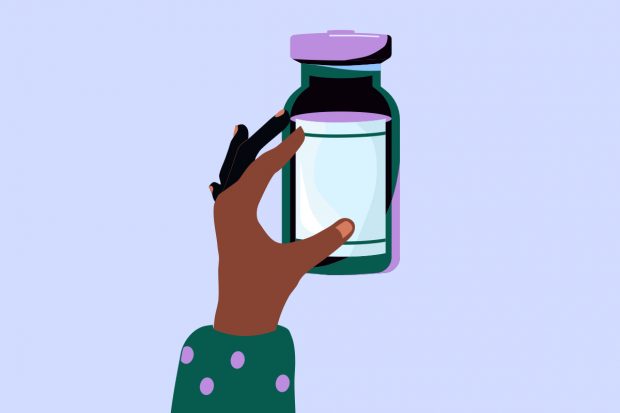
While online vitamin sales continue to grow at a rapid rate, the problem is that not all products are created equal. There are huge differences in the quality of ingredients and formulas. This makes it extremely hard when there are thousands of products to choose from.
In order to find a safe and efficient supplement, use these tips:
- Choose brands that you trust. These brands should have proper certification, third-party testing results and transparent labels.
- Do your research before ordering a supplement. Read customer reviews and research the track record of the company selling the product.
- Always consult with your physician before taking a supplement, especially if you’re taking medication or if you’re pregnant or breastfeeding.
- Choose natural supplements without artificial ingredients and/or additives.
- If something looks “too good to be true,” it probably is. Be wary.
Takeaway
In an age of “supplement craze,” it’s never been easier to tailor your personal nutrition needs with tiny once-a-day tablets. However, it’s important to remember that not all supplements are created equal.
Make sure to do your research before filling up your grocery cart with supplements that may cause more harm than good. And remember, your nutritional needs can be met with a healthy diet consisting of natural, whole foods.
Meet your nutritional needs with 1000s of healthy recipes in the Gymondo app, plus 100s of workouts to “supplement” your diet. Start your free trial today.



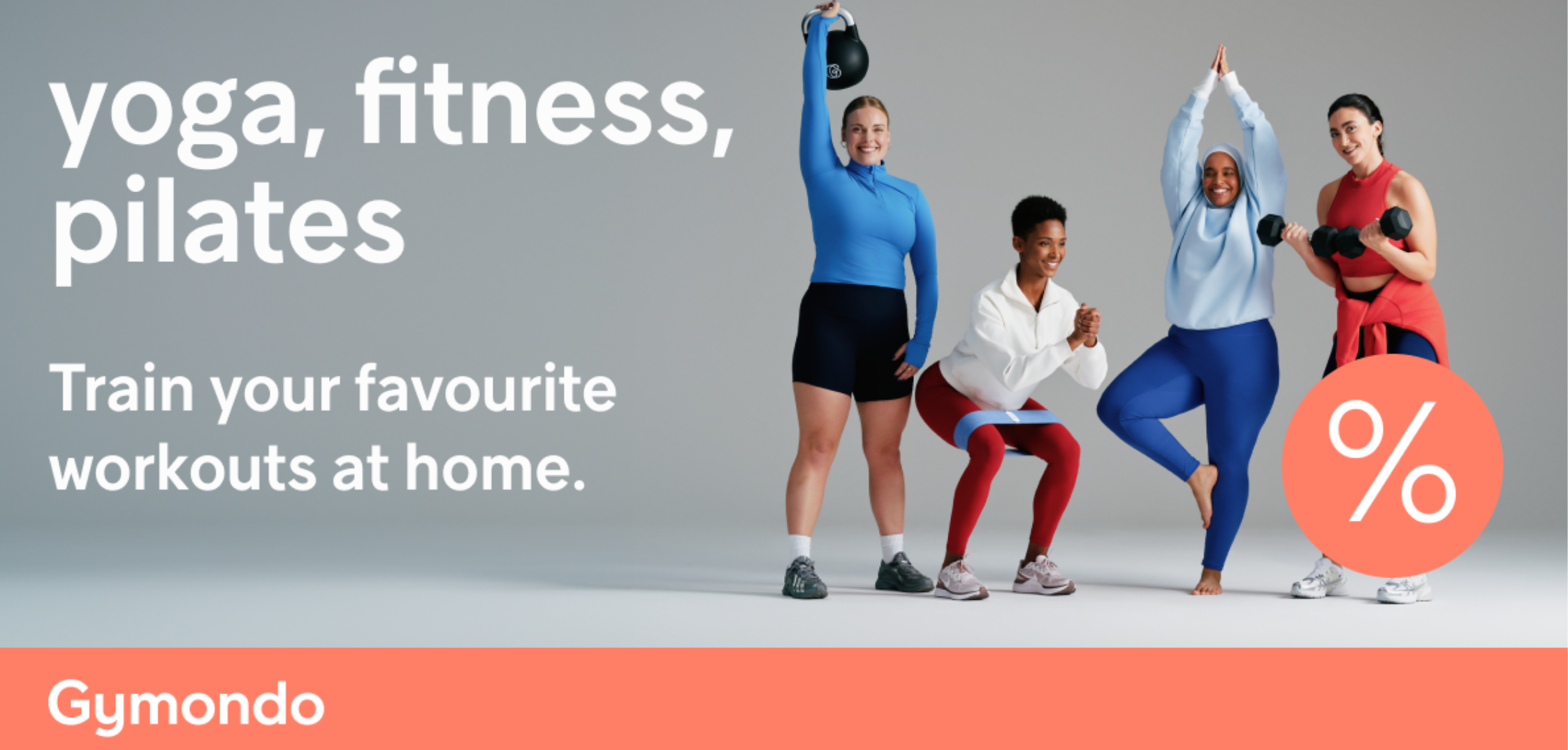
Kommentar schreiben